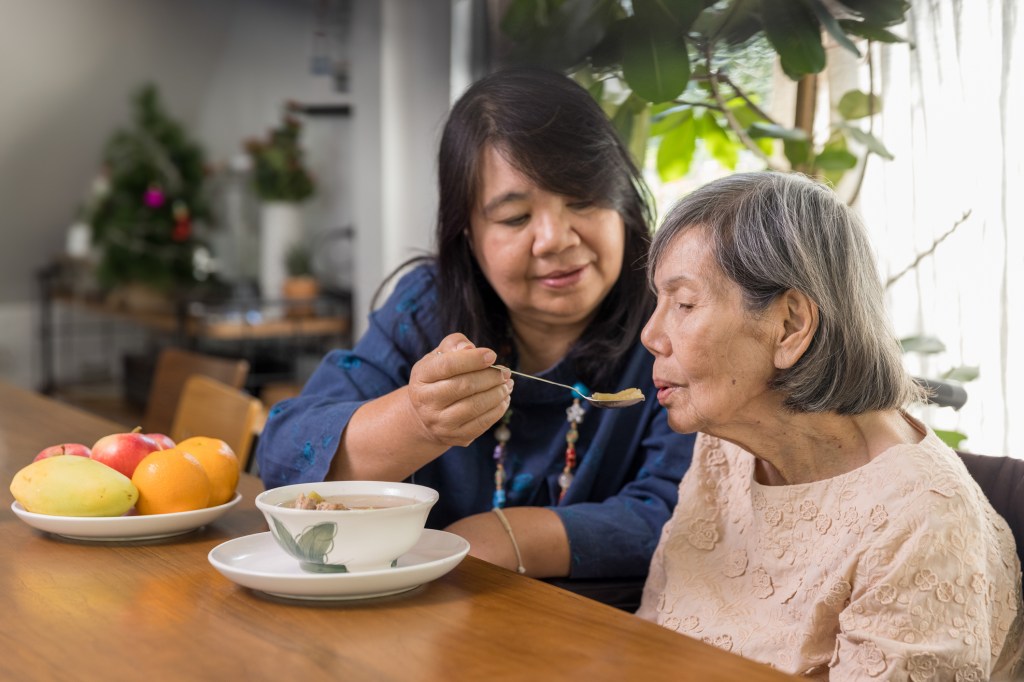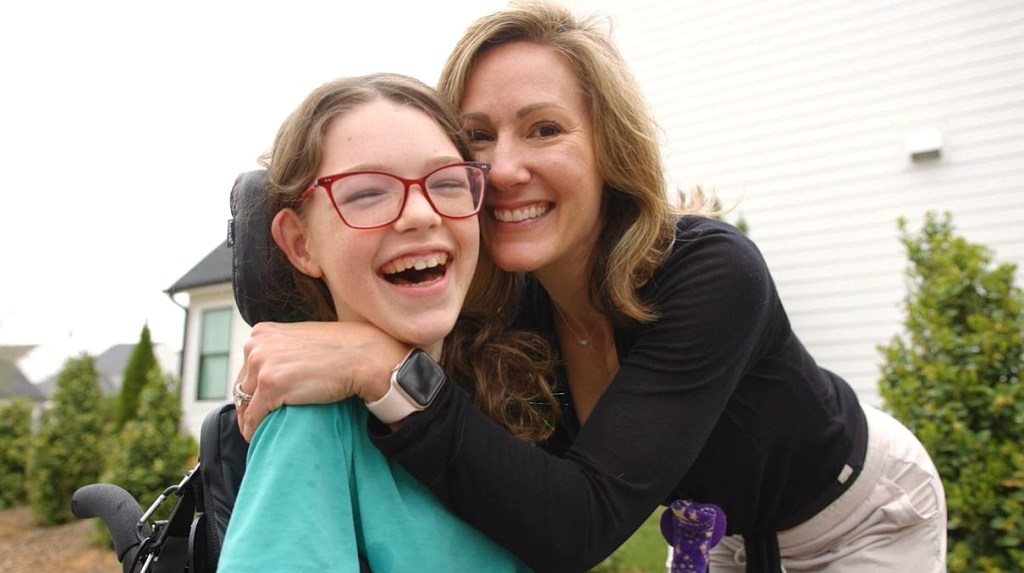
5 Self-Care Tips (and 1 Pro Secret) for Caregivers
From mental health to physical wellness, prioritizing and investing in self-care not only makes you a better caregiver, but also maintains your personal well-being and health. While you may be a caregiver for a family member or close friend, you are also the full-time caregiver for yourself.
Although self-care may often seem like an extra step on your already lengthy to do list, your mind and body will thank you for it. And self-care doesn’t have to be a demanding task. This blog details a few simple tips and resources to get you started on your self-care and wellness journey.
Practicing Mindfulness for Caregivers
An important part of self-care is managing the anxiety and stressors impacting your life. Although stressors are often out of your control, you can control how you react to them. Staying aware of what’s happening and acknowledging how it makes you think and feel—while not letting it overwhelm you—is mindfulness at its core.
Here are Five Common Techniques to Practice Mindfulness:
- Mind your breathing. Taking slow, deep breaths can help clear your mind, allowing you to focus on the present moment. To calm your thoughts and center yourself, try breathing in through your nose and out through your mouth.
- Practice visualization. An often helpful method to maintain mindfulness is visualization. To do this, find a quiet spot where you can be alone for a few minutes. Once settled in, imagine yourself in a place or situation that makes you feel happy. Focusing on these calming sights, while imagining the sounds and smells you experience can ease your stress and keep overwhelming feelings at bay.
- Get active. If stressors are making you feel restless and anxious, sitting still or doing breathing exercises are not the only approaches you can take to achieve mindfulness. Getting active is a great way to calm your mind and body. Get your body moving by stretching or taking a brief walk outside to help refocus your energy. Plus, getting active releases endorphins: feel-good hormones that can help lift your mood.
- Find a creative outlet. Even if you don’t think of yourself as a creative person, experimenting with hobbies like painting, knitting, or even woodworking is a great way to care for yourself. When you find an activity you enjoy, you can easily get lost in the creative process, helping you focus more on the present and less on feelings of stress and anxiety.
- Take breaks. We understand that caregiving often means that you are “on the clock” 24/7/365. To make sure that you also take care of yourself, taking breaks is of the utmost importance. Find a few moments each day for yourself to eat, hydrate, and practice a few of these self-care tips.
Pro Secret: Caregiver Connections
Another excellent way to take care of yourself is by gaining support from those walking in the same shoes as you. There are many caregiver communities—both on and offline—offering plenty of options to find your niche group and meet your unique needs for support. To get started, consider these opportunities for connection:
- Caregiver Nation – A private group on Facebook hosted by Careforth, where a community of thousands of caregivers ask and answer questions, offer resources and support one another.
- AARP Family Caregiving Community – A national online forum for caregivers who offer advice and support to fellow caregivers.
- Creating Your Caregiving Support Team – A Careforth blog article detailing how you can create your own team of resources, so you can better take care of yourself and the person you care for.
You may also feel the need for one-on-one help and support instead of a community. If you’re caring for someone with dementia, the Alzheimer’s Association runs a 24-hour helpline. Crisis Text Line is another great organization providing free crisis intervention. You can also discover a variety of support resources offered by the National Alliance for Caregiving.
When it comes to taking care of yourself, you don’t have to do it alone. Careforth provides you with an entire care team and support resources to help you in caring for yourself and your loved one, so you can feel supported at every turn. Contact us today.
More insights like this:
-

What is the South Dakota Medicaid HOPE Waiver?
Read more: What is the South Dakota Medicaid HOPE Waiver?The Home and Community-Based Options and Person Centered Excellence (HOPE) Waiver is a Medicaid waiver program supporting care for nursing home-eligible individuals in non-nursing home settings with the goal of reducing costs. The program makes it possible for qualifying elderly recipients to remain in community settings, such as their own homes or independent…
-

Get Paid to Be a Caregiver Through Connecticut Medicaid
Read more: Get Paid to Be a Caregiver Through Connecticut MedicaidFamily caregivers improve the quality of life and well-being of their loved ones across Connecticut. They often provide around-the-clock care at home including hands-on support with activities of daily living (ADLs), all while ensuring the health and safety of their loved one. Many caregivers don’t realize they can receive payment and support for…
